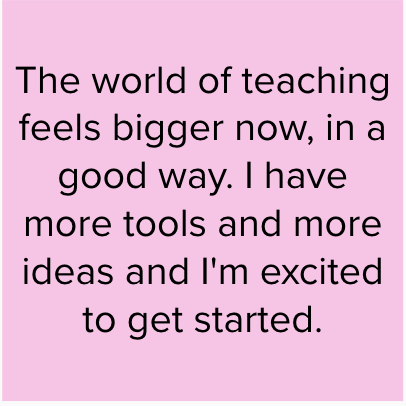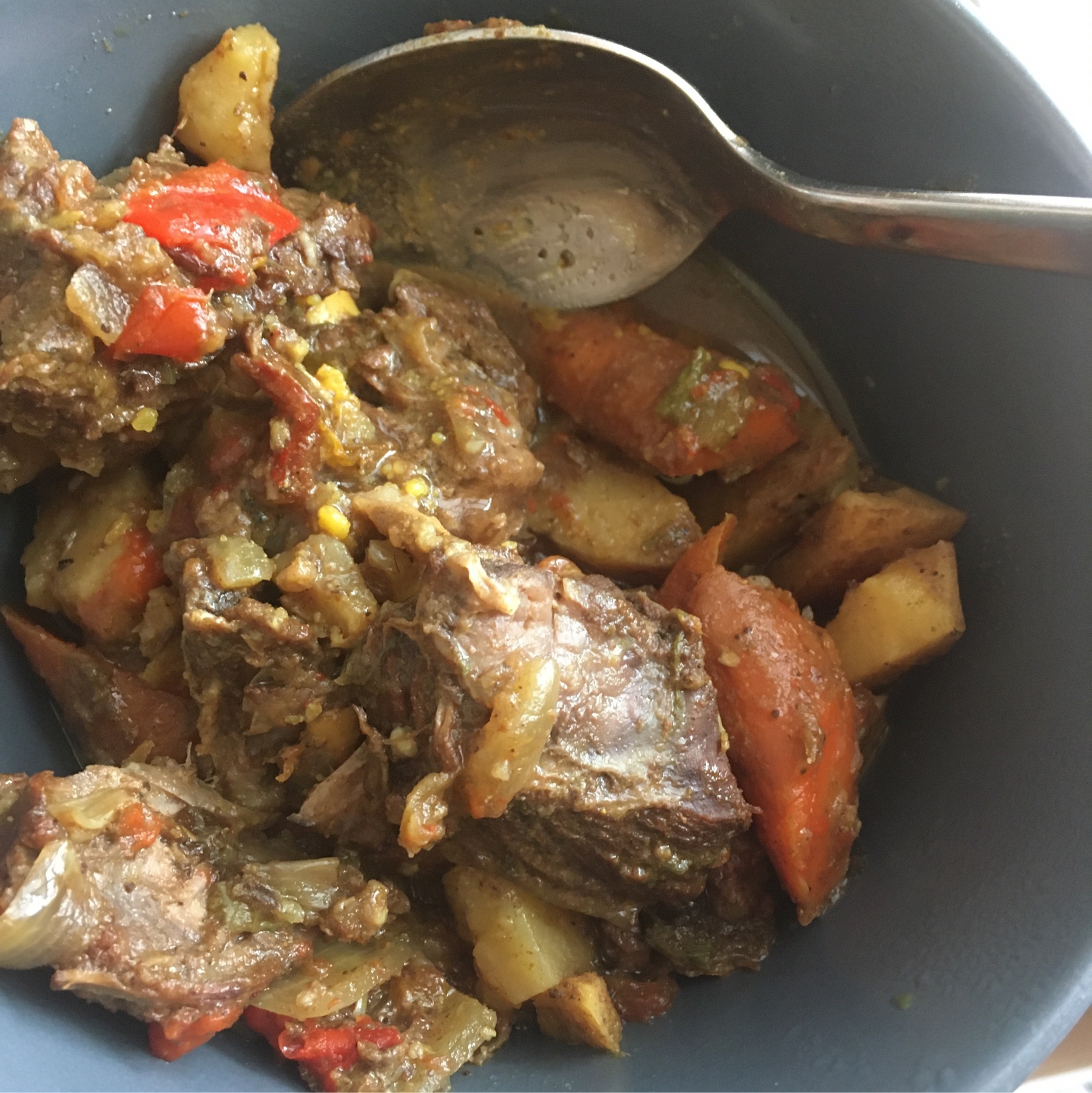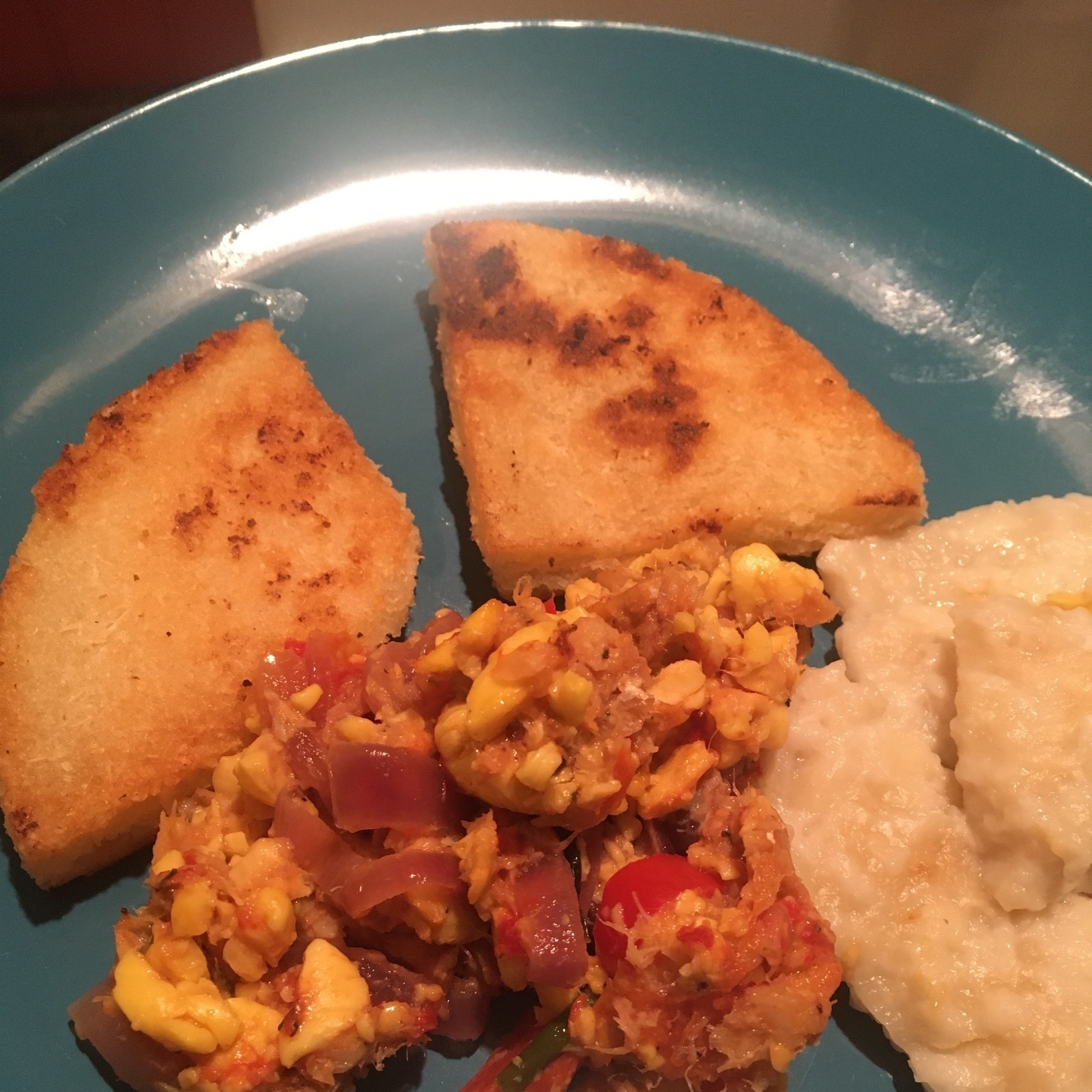Emery Marc Petchauer
Frank A. Daniels, Jr. never read the report condemning his white supremacist grandfather. This story and others in my weekly newsletter that went out on Monday. It’s the year of the newsletter, didn’t you know?
What I'm up to this week 1/25/22
Reading: Getting ahead a bit by reading Juliet Takes a Breath by Gabby Rivera.
Writing: Some final edits on a series of articles coming out in Kairos written by a group of graduate students who took my BreakBeat Lit class last year. This has been special: moving together from seminar papers to publication. Kairos only publishes webtexts, a format I’ve honestly never had any experience with before. But having to dig into this new world has certainly got me thinking differently about alternatives to print-based scholarship, like this amazing thing that I don’t exactly know what to call it.
Teaching: Some norm building and early architecture in the first week of the semester in my anti-racist YA Lit course.
Listening: This new stomper “Murphy’s Law” by veteran Irish singer Róisín Murphy. Live version recommended. I hope I’m not too late to grab the 12” vinyl because this needs to be played out when dance floors are a thing once again.
Perils of zoom teaching aside, there is a certain intimacy it affords when we come to know one another’s pets and ask of their whereabouts by name.
Who are the other newsletter writers on Microblog? Or, what newsletters do you subscribe to, and why? I appreciate a good newsletter and want to subscribe to more of them.
I took a break from my weekly newsletter, but it made a comeback this week – esp. because I was reading all the MF DOOM tribute pieces and wanted to connect some dots. So here is issue 037 of Elements & Embodiment that went out on Monday.
I see people drawing parallels between the 1/6 Capitol insurrection and the white supremacist coup of 1898 in Wilmington, NC. That’s appropriate. But I’m sitting most with what the descendants of those insurrectionists will think of their white ancestors. Here’s what I mean.
In 2018, historian and journalist David Zucchino visited the grandson of a ruthless white supremacist who played central role in the 1898 Wilmington Massacre. The white supremacist was Josephus Daniels. Daniels ran the News & Observer, the largest newspaper in North Carolina. But he did more than run it. He crafted the paper into an anti-Black, white supremacist propaganda engine — a surefire precursor to Fox News. He called time and time again for the violent destruction of Black leaders, Black people, Black businesses, and Black institutions in Wilmington. White supremacists answered that call on Thursday, November 10, 1898.
But back to the grandson. Over a century after the massacre, and sixty years after Daniels’s death, Zucchino met with that grandson, Frank A. Daniels, Jr. They met downtown Wilmington, NC. Zucchino tells this story in the final pages of Wilmington’s Lie: The Murderous Coup of 1898 and the Rise of White Supremacy. Zucchino’s mind must have been some place close to where mine is right now. He wanted to know how the grandson made sense of his grandfather and the role he played in the insurrection/coup/massacre, among other things. The state of North Carolina avoided any formal investigation into this coup for a century. When it finally formed a commission to investigate, its report criticized Daniels’s grandfather for his “racial incitements and demagoguery.” The report was correct. At that meeting downtown Wilmington, Zucchino asked grandson Daniels if he agreed with the report’s conclusions about his grandfather. Daniels told him this:
“I never read it.”
So again: what I’m sitting with is how the descendants of those insurrectionists will think of their white (and otherwise) ancestors.
I see people drawing parallels between the 1/6 Capitol insurrection and the white supremacist coup of 1898 in Wilmington, NC. This has me thinking about descendants. I need to flesh this out a bit.
I usually give a pre-class survey for students to fill out sometime before our first class session. It lets me know a bit about what I’m walking into and what adjustments/supports might be necessary. Here are some of the sentence starters/questions I am using this semester.
*For this class, one thing I’m excited about is…
*For this class, one thing I’m worried about is…
*In order for me to be successful in this class this semester, I will need…
*Some questions I have right now are….
*Is there anything else you need to share with me to start off the year?
Reading + Teaching + More 1/11/21
Reading: I recently finished the one masterful novel unfit for reading during a pandemic: José Saramago’s Blindness. I say “unfit” because it follows a group of unnamed people through an unexplained mass epidemic of blindness that has afflicted the world. I had been saving the novel for a while and couldn’t put off reading it any longer. As it would be, I finished the last page on the last day of 2020. Perhaps that will be in some way symbolic.
Writing: We are in the home stretch of an article that theorizes the spaces in which teachers and teacher activists self organize. I came in a bit late to this article with my writing partners, but I’m happy that Carol Levine’s ideas on forms that I brought with have come to lead the way conceptually. Levine’s book made quite a splash when it came out in 2015, and the praise is all deserved. You can find a few reviews and commentaries of it on my pinboard here
Teaching: This semester I’m teaching a course on reading and teaching young adult literature through anti-racist and anti-oppressive approaches. We start this week with the very excellent Letting Go of Literary Whiteness by Carlin Borsheim-Black and Sophia Tatiana Sarigianides. You can check out the course description and learning objectives on this post if you like.
Listening: DOOM. Like so many others, I’m revisiting his catalog on account of his sudden passing.
Viewing: I’m a late watcher by habit. So in typical fashion, I finally watched The Mandalorian. Both seasons, back to back, all the way through. Serious binge. Big pop on the final scene.
Young adult lit + anti-racist teaching course
The floorplan is coming together for my young adult lit + anti-racist teaching course. Here is where we stand, with some last minute tweaks likely to happen before Monday.
Course focus:
This class focuses on reading and teaching young adult literature through anti-racist and anti-oppressive approaches. Since many contemporary applications of these approaches are made by current teachers, the course also connects your learning to the efforts current teacher activists are taking toward more liberating classrooms and curricula. Reading demand: high! Writing demand: low!
Learning objectives:
- Know and be able to use accurate critical race concepts while analyzing and discussing literature
- Design and facilitate critical race discussions about literature
- Gain comfort/affective stamina analyzing and discussing anti-Blackness, racism, whiteness, etc. in literature
- Analyze characteristics of young adult literature and reimagine what counts in the genre
- Evaluate young adult literature as an effective and creative tool capturing contemporary moments/realities
- Connect with English teachers who are teaching and developing anti-oppressive curriculum around young adult literature
Two adjectives I’m trying to strike from my writing: “traditonal” and (then what I often use instead) “formal.” There might be magic if you get rid of them.
From “The Mask of DOOM: A Noncomformist Rapper’s Second Act” (2009) >He paused to explain his approach. “When I’m doing a DOOM record, I’m arranging it, I’m finding the voices… . All I have to do is listen to it and think, Oh shit, that will be funny. I write down whatever would be funny, and get as many ‘whatever would’ funnies in a row and find a way to make them all fit. There’s a certain science to it. In a relatively small period of time, you want it to be, That’s funny, that’s funny, that’s funny, that’s funny. I liken it to comedy standup.”
Time Traveling and Not Cleaning Up the Mess
Here’s my favoirate thing I wrote this year. It’s a short piece about sound, young folks, teaching, and a rapper. Much of what’s here is material that got squeezed out of an academic article I wrote in the same year. But I’m happy it did because what I mostly wanted to do was share the little exchanges among youth that thread through the article: how they tuned into what they were hearing, how they took matters into their own hands, and even how they hurt my feelings sometimes. I wanted to share these things without having to step too far away for some kind of academic analysis.
What I like most about the piece is the ending. Here’s why.
Pieces like this that reveal tensions in education spaces often end with neat recommendations. They try to clean up the mess they made. Cleaning up can be good. I tried to for a long time. But it didn’t feel right, mostly because I still don’t have those kinds of answers to what is in and around the text. So instead, the ending turns back on me and how “the strikes and blows of these reverberations hit me too because of the relational ties I hold with these artists.” With that approach, I think I stuck the landing, especially with the final sentence that keeps things unsettled.
Sada Baby stays in motion even now, echoing through my writing as I toggle over to his Soundcloud page, press play on his songs, and wonder if I will hear something that makes me tune in differently to the young people around me.
But here’s something else: I wrote that final sentence four years ago in Memphis on a writing retreat. I wasn’t writing this piece yet — far from it. I was working my way through sound studies readings in anticipation for writing the larger academic article this piece would be cut from. The sentence is a description of what I found myself doing in Memphis. It’s in a blue notebook with pink and orange sticky notes flying out of the pages. In fact, the sentence probably started on a sticky note.
This is one of the ways “writing is a form of time travel.” That sentence traveled with me for a period of four years. Or rather, it’s likely more accurate to say I traveled four years back to it in order to finish this piece. Or maybe, in Memphis I traveled four years ahead to write it, and the end of this piece is when I finally caught up with myself.
I don’t have a therapist right now but some of my friends do, which means they share insights about things like decoupling feeling busy from feeling stressed - because they’re not always the same thing. You can be busy and not feel stressed, I think, perhaps - if you’re busy with the right stuff.
The Case for Giving Workers Ownership Rights.
Workers have the expertise, they have the knowledge, they know how to run whatever is being made or whatever services are being provided, and they run it themselves. And that could save a lot of jobs, it could save a lot of livelihoods, and it could create a lot of economic security on a common need for people.
I have my students write insights at the end of most classes. Tonight was the last class. “Bigger.” That’s the word – the insight – I take from this one a student wrote. Teaching should be bigger. It should feel. It should feel bigger. It must feel bigger. Certinaly right now.

Day 1 cycling off coffee. Feeling good but wondering if this diminished bottle of bourbon is a correlate.
I didn’t know until today there is a color of the year.
Many researchers, however, describe the writing of impact statements as works of fiction.
I’m coming up for air to tell you I just read a 118-page equity profile report on Grand Rapids, MI. It was sponsored by PolicyLink and Kellogg Foundation. The intro says, “Cities are equitable when all residents – regardless of their race/ethnicity, and nativity, neighborhood of residence, or other characteristics – are fully able to participate in the city’s economic vitality, contribute to the city’s readiness for the future, and connect to the city’s assets and resources.” Okay, sounds good.
Guess how many times the word “racism” appears in the report?
Zero.

